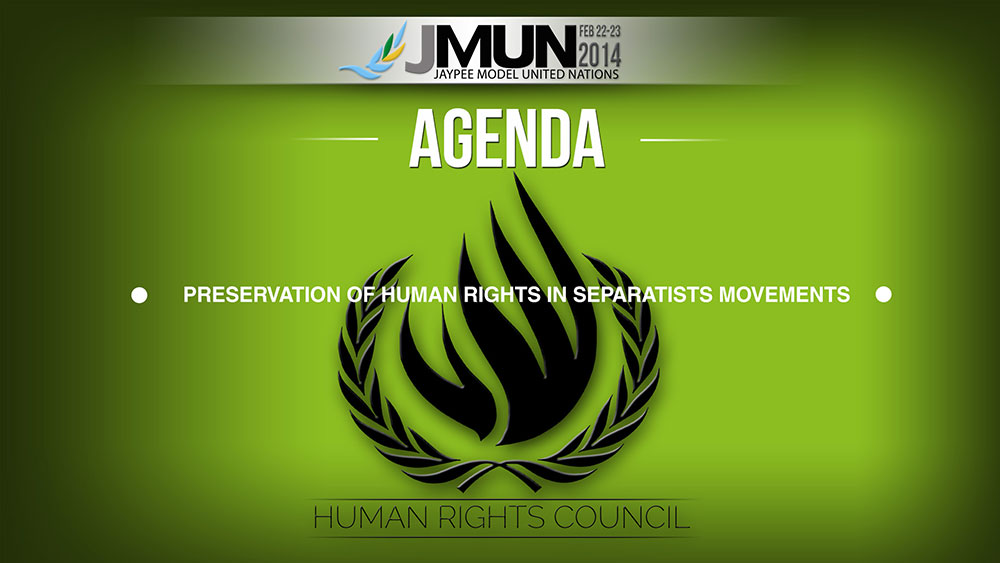 The United Nations Human Rights Council (UNHRC) is an inter-governmental body within the United Nations System, and is one of the most prominent institutions of the United Nations. The UNHRC is the successor to the United Nations Commission on Human Rights (UNCHR, herein CHR), and is a subsidiary body of the United Nations General Assembly. The council works closely with the Office of the High Commissioner for Human Rights (OHCHR) and engages the United Nations' Special procedures.
The United Nations Human Rights Council (UNHRC) is an inter-governmental body within the United Nations System, and is one of the most prominent institutions of the United Nations. The UNHRC is the successor to the United Nations Commission on Human Rights (UNCHR, herein CHR), and is a subsidiary body of the United Nations General Assembly. The council works closely with the Office of the High Commissioner for Human Rights (OHCHR) and engages the United Nations' Special procedures.
The General Assembly established the UNHRC by adopting a resolution (A/RES/60/251) on 15 March 2006, in order to replace the previous CHR, which had been heavily criticised for allowing countries with poor human rights records to be members.
The UNHRC has addressed different conflicts such as the Israeli-Palestinian one, and also addresses rights-related situations in countries such as in Burma, Guinea, North Korea, Côte d'Ivoire, Kyrgyzstan, Syria, Libya, Iran, and Sri Lanka. The UNHRC also addresses important thematic human rights issues such as freedom of association and assembly, freedom of expression, freedom of belief and religion, Women's rights, LGBT rights, and the rights of racial and ethnic minorities.
The UN General Assembly elects the members who occupy the UNHRC's forty-seven (47) seats. The General Assembly takes into account the candidate States’ contribution to the promotion and protection of human rights, as well as their voluntary pledges and commitments in this regard. The term of each seat is three years, and no member may occupy a seat for more than two consecutive terms. The seats are distributed among the UN's regional groups as follows: 13 for Africa, 13 for Asia, six for Eastern Europe, eight for Latin America and the Caribbean (GRULAC), and seven for the Western European and Others Group (WEOG). The General Assembly, via a two-thirds majority, can suspend the rights and privileges of any Council member that it decides has persistently committed gross and systematic violations of human rights during its term of membership. The resolution establishing the UNHRC states that "members elected to the Council shall uphold the highest standards in the promotion and protection of human rights."
On 18 June 2007, one year after holding its first meeting, the UNHRC adopted its Institution-building package, which provides elements to guide it in its future work. Among the elements was the Universal Periodic Review. The Universal Periodic Review assesses the human rights situations in all 193 UN Member States. Another element is an Advisory Committee, which serves as the UNHRC’s think tank, and provides it with expertise and advice on thematic human rights issues, that is, issues which pertain to all parts of the world. A further element is a Complaint procedure, which allows individuals and organizations to bring complaints about human rights violations to the attention of the Council.
The UNHRC holds regular sessions three times a year, in March, June and September. The UNHRC can decide at any time to hold a special session to address human rights violations and emergencies, at the request of one-third of the member states. To date there have been 19 Special Sessions.